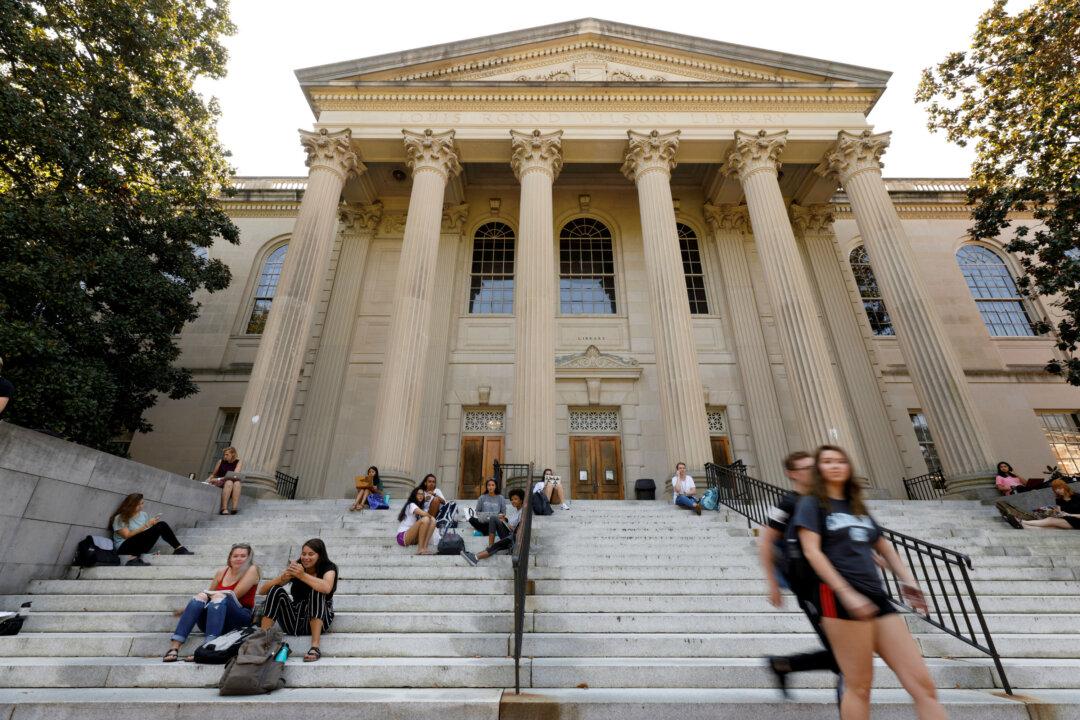As tensions between the United States and China escalate over the ongoing trade dispute and other issues, Beijing has issued a warning to students and academics wishing to study in the United States, pointing to an increase in visa restrictions and refusals.
The Ministry of Education, in a short statement on June 3, advised citizens to “strengthen their risk assessment” before studying abroad, citing a recent increase in U.S. visa delays, visas being restricted, visa durations being shortened, or outright refusals.





